
The average age that a baby’s teeth start coming in is around 6 months old. However, this age can vary over a wide range of time. Some can be baby born with teeth, while others can take over a year to start appearing. So if your baby seems ahead or behind, there’s no need to worry about it. There’s a lot going on in a baby’s mouth when their teeth are starting to come in, so it’s no surprise that one baby’s teeth can look very different from another’s.
Here’s some useful information for understanding the process of how babies get their teeth.
How many teeth do babies have?
When baby teeth are fully grown in, there will be a total of 20 teeth, including 10 on the top row and 10 on the bottom row. The total includes four central incisors, four lateral incisors, four canine, and eight molars. All the different types of teeth are evenly divided between the top and bottom row. Incisors are the small teeth in the very front, canines are the pointy teeth past them, and molars are the large teeth in the very back.
Compared to grown adults who have 32 teeth, babies don’t have a lot, but they are perfect for their first few years of life. Just like adult teeth, they do have nerves and roots inside their teeth. The roots of baby teeth are prepared to let go of the tooth when it comes time for it to be replaced.
What order do baby teeth come in?
Those little teeth in the very front, called central incisors, will likely be the first to come in. Usually, they appear on the bottom row followed by the top. Teeth usually emerge starting in the front of the mouth then go in order towards the back. Still, if baby teeth start coming in in a different order, there is likely no reason to be concerned about it.
Many babies will have nearly all their teeth by two years old. What will take longer is the molars in the back of the mouth. If your baby has only a few teeth or already has a full set at this age, it’s perfectly natural. Every baby’s teeth can come in at very different rates. Pretty much every child will have a full set by three years old.
How to tell if a baby is teething?
Teeth coming in is a natural process for infants, but it can be uncomfortable. Their gums can be sensitive and swollen before the teeth emerge. As a consequence, their gums will be sore, which can make babies cry more than usual and act quite fussy. If your baby seems to be chewing on everything and drooling more than usual, they may be getting their first teeth soon. Changes in eating and sleeping are also common signs. While their body temperature may be raised slightly during teething, high fevers in babies will be unrelated to teething.
How To Soothe a Teething Baby
There are some ways that you can help your baby to feel better in their teething stage. Giving your baby cold things to chew on can help relieve some of the pain. Some teething rings are able to be frozen. Alternatively, you can try a wet or frozen washcloth in its place. Lastly, try gently rubbing your baby’s gums to help relieve the pain.
Baby Grinding Teeth
It’s normal to find your baby grinding teeth when they first receive them. Your baby could be doing this as a way of coping with the pain of new teeth, or just testing them. Grinding can happen in their sleep or while they’re awake. Grinding teeth only becomes a problem when they don‘t grow out of it or it’s done excessively. Over time, it can wear down the teet,h so if you are concerned it’s recommended you take your child to a professional.
When do you start brushing baby teeth?
You can start brushing the baby's teeth as soon as their first tooth comes in. You’ll need a specially-sized baby toothbrush in order to do it. This toothbrush only requires a speck of toothpaste on it. Babies don’t know how to rinse their mouths out, so they can’t get rid of the extra toothpaste. You can brush their teeth twice a day. Aim for the last time to be after they’re done eating for the night.
When To Visit The Dentist
It’s recommended that a baby’s first visit to the dentist be before they turn one year old and when the baby teeth first start coming in. All Stars Pediatric Dentistry specializes in these sorts of visits. We’ll make sure that the teeth are developing correctly during their first dental visit. To set up an appointment with Dr. John, call 770-292-9441
All Rights Reserved | All Stars Pediatric Dentistry
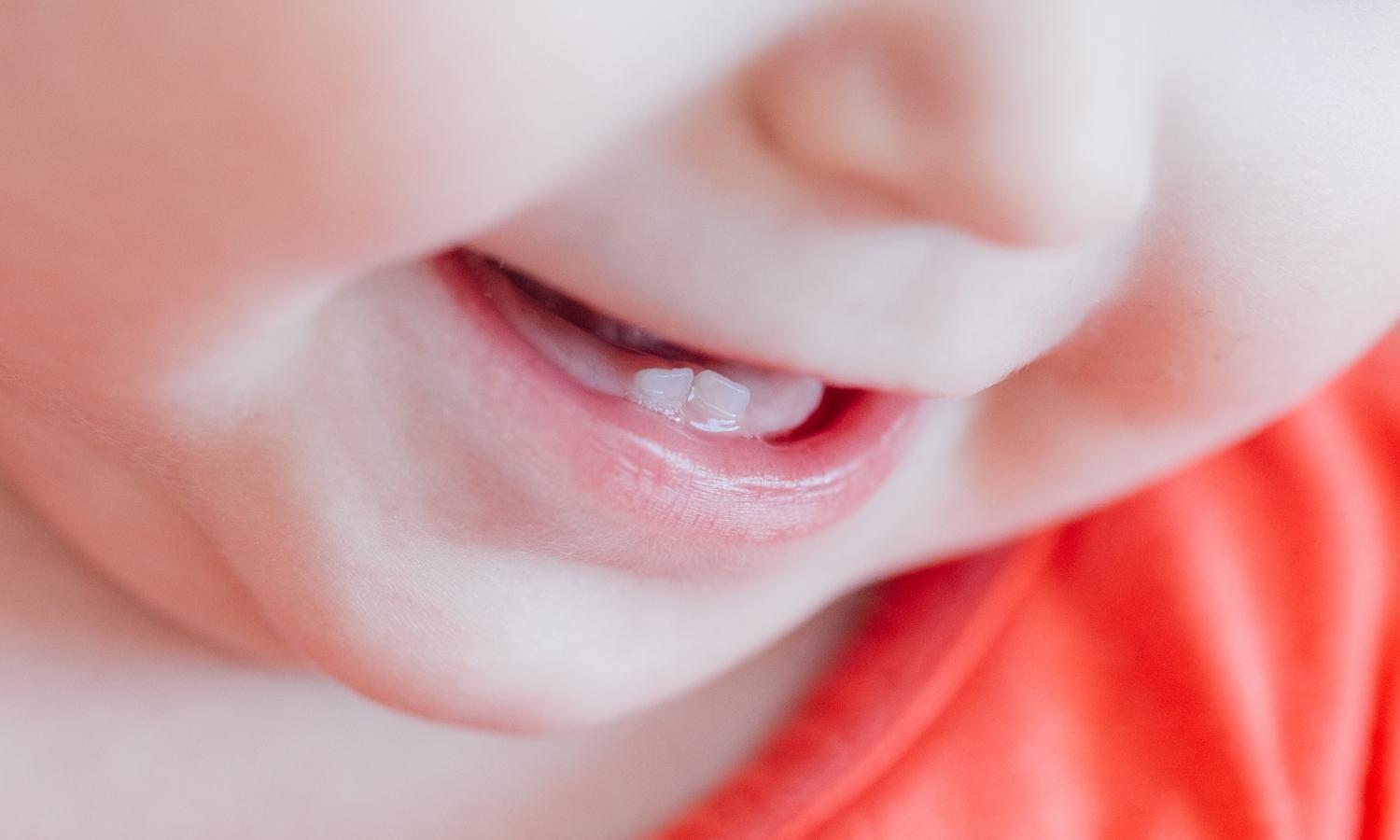
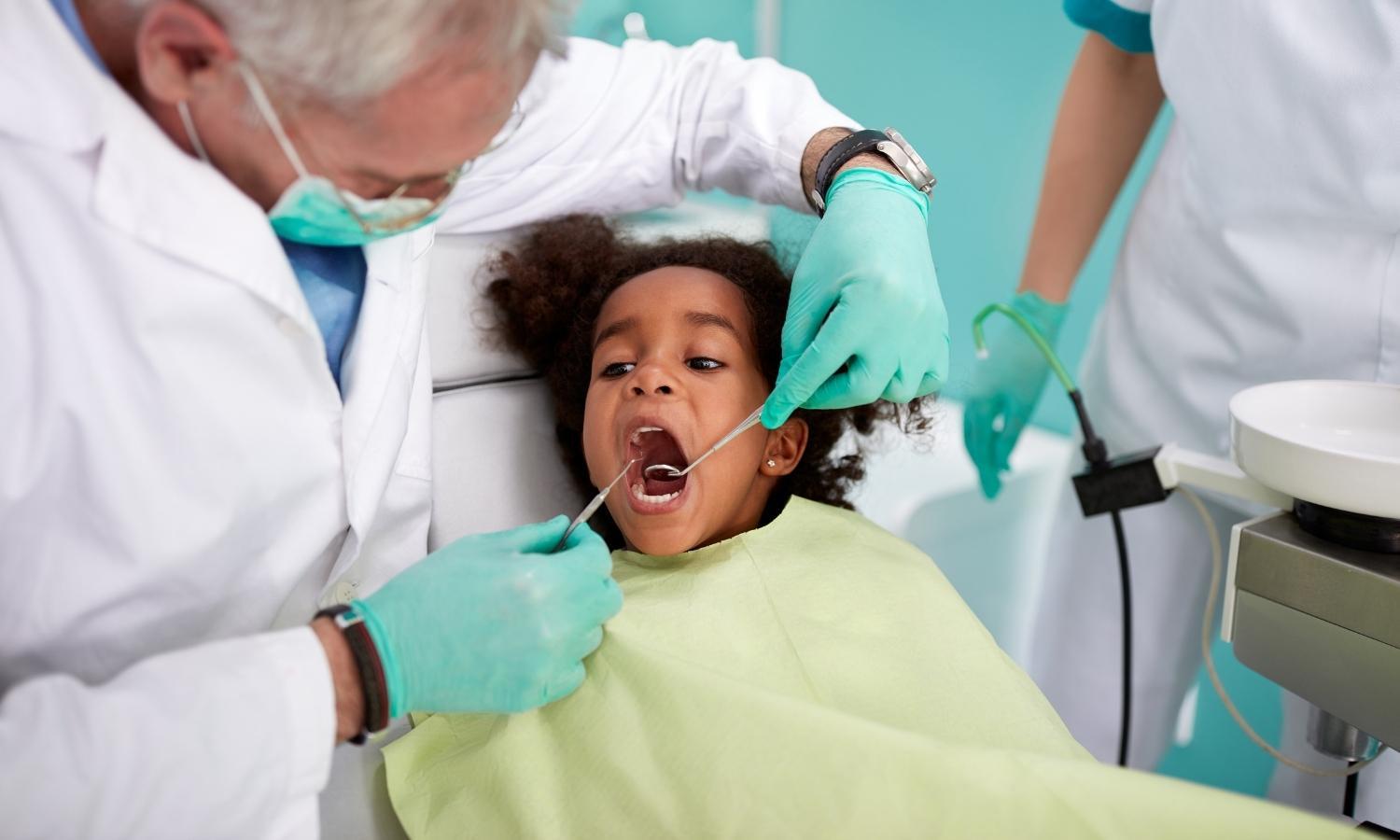
-1920w.jpg)
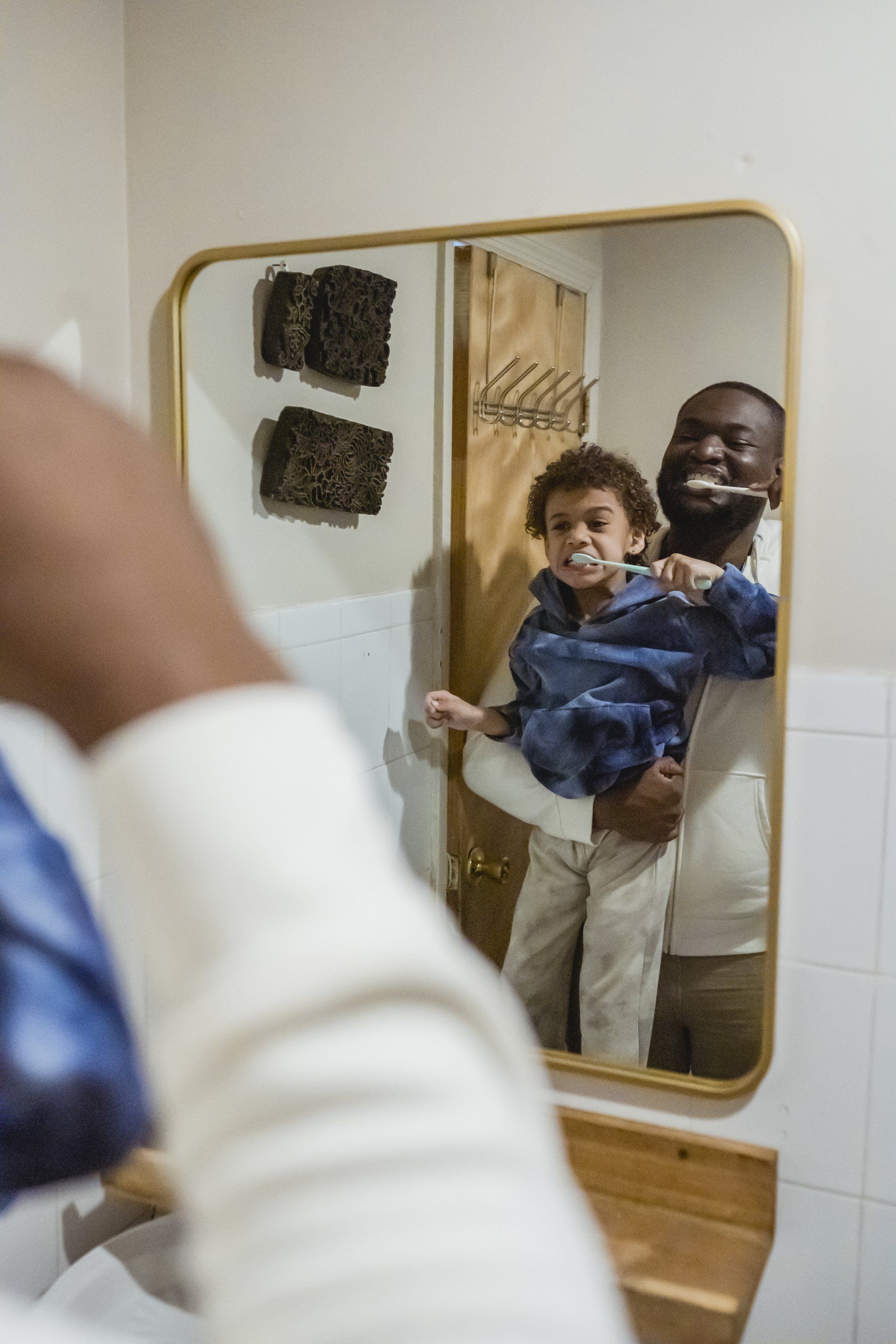
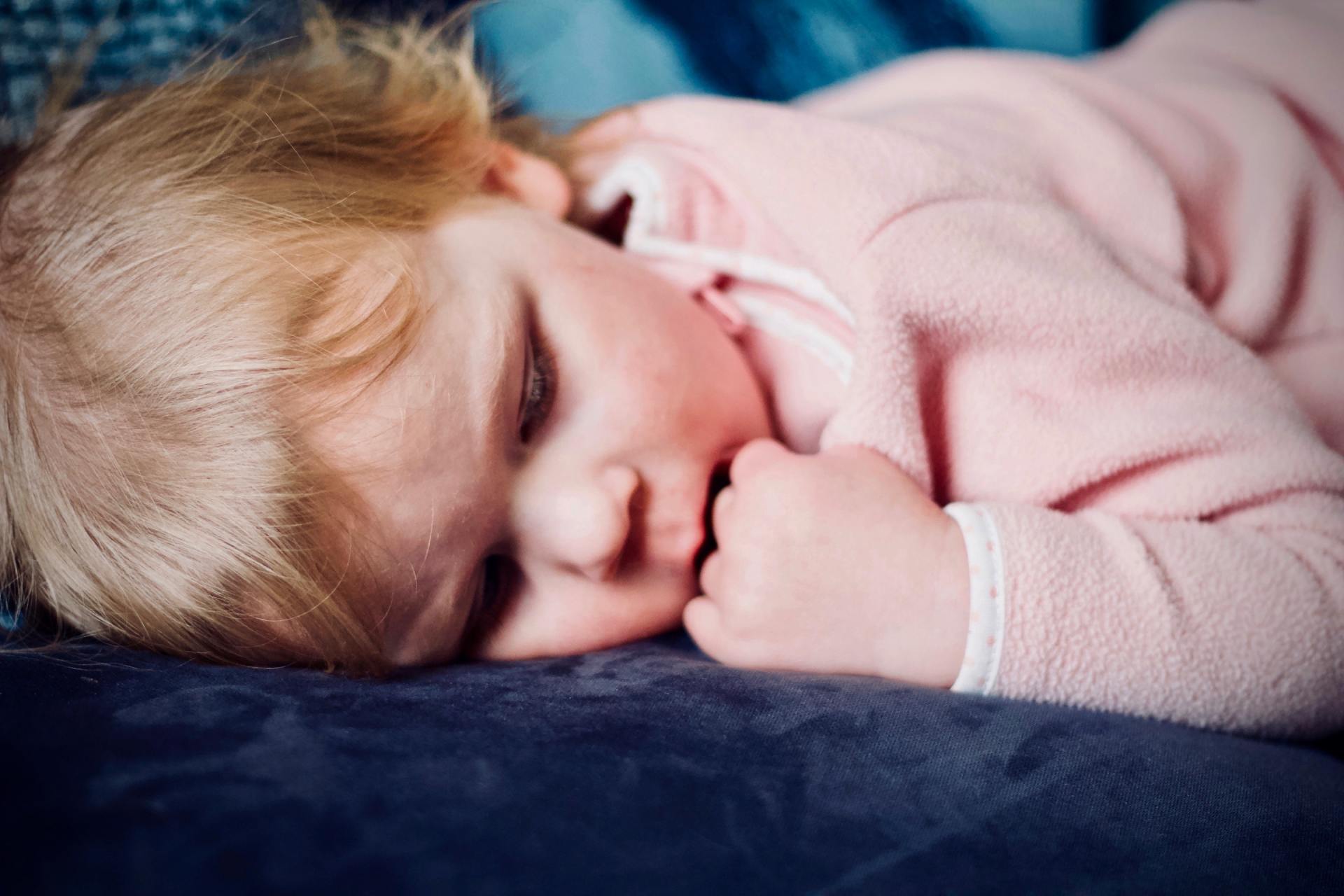
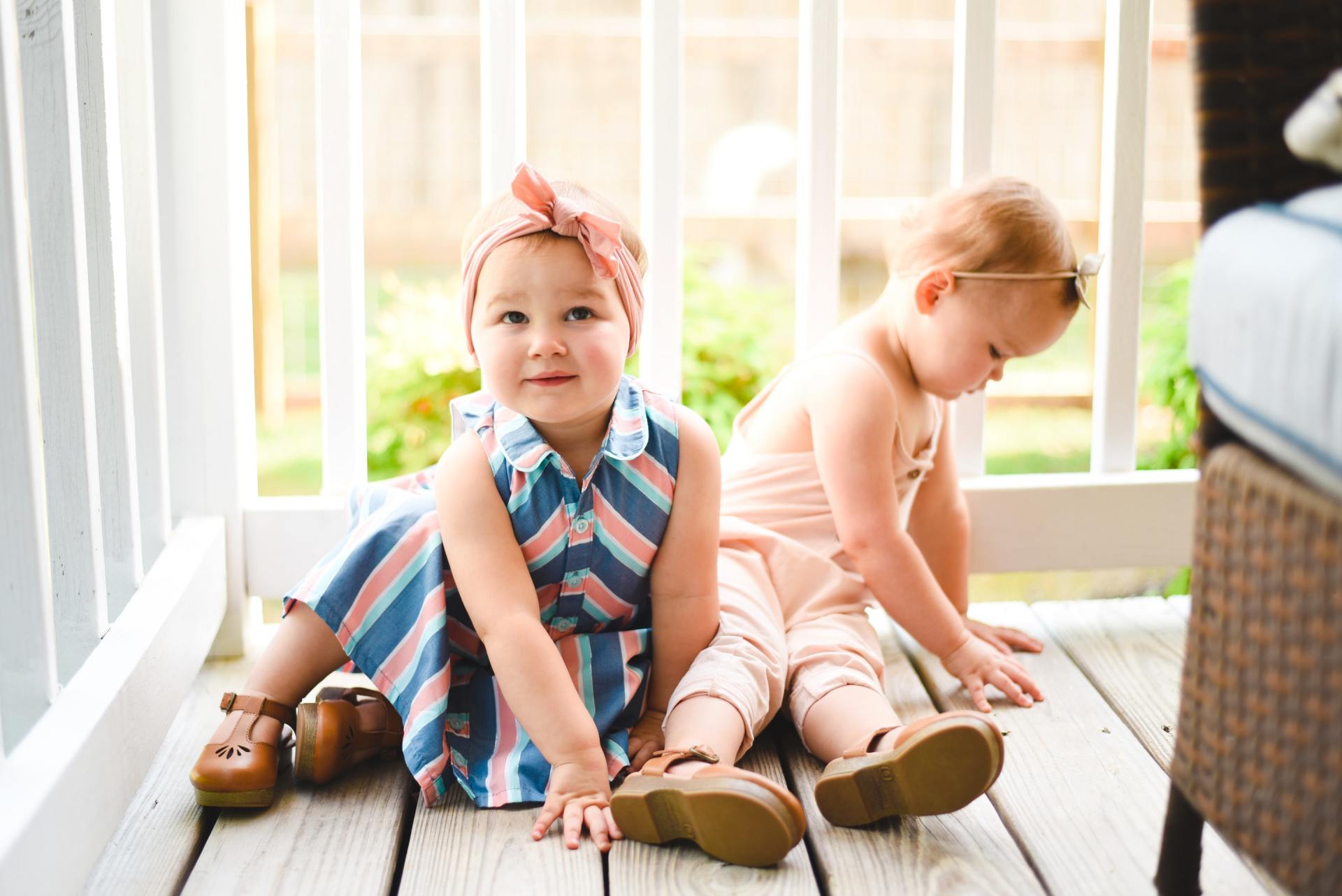
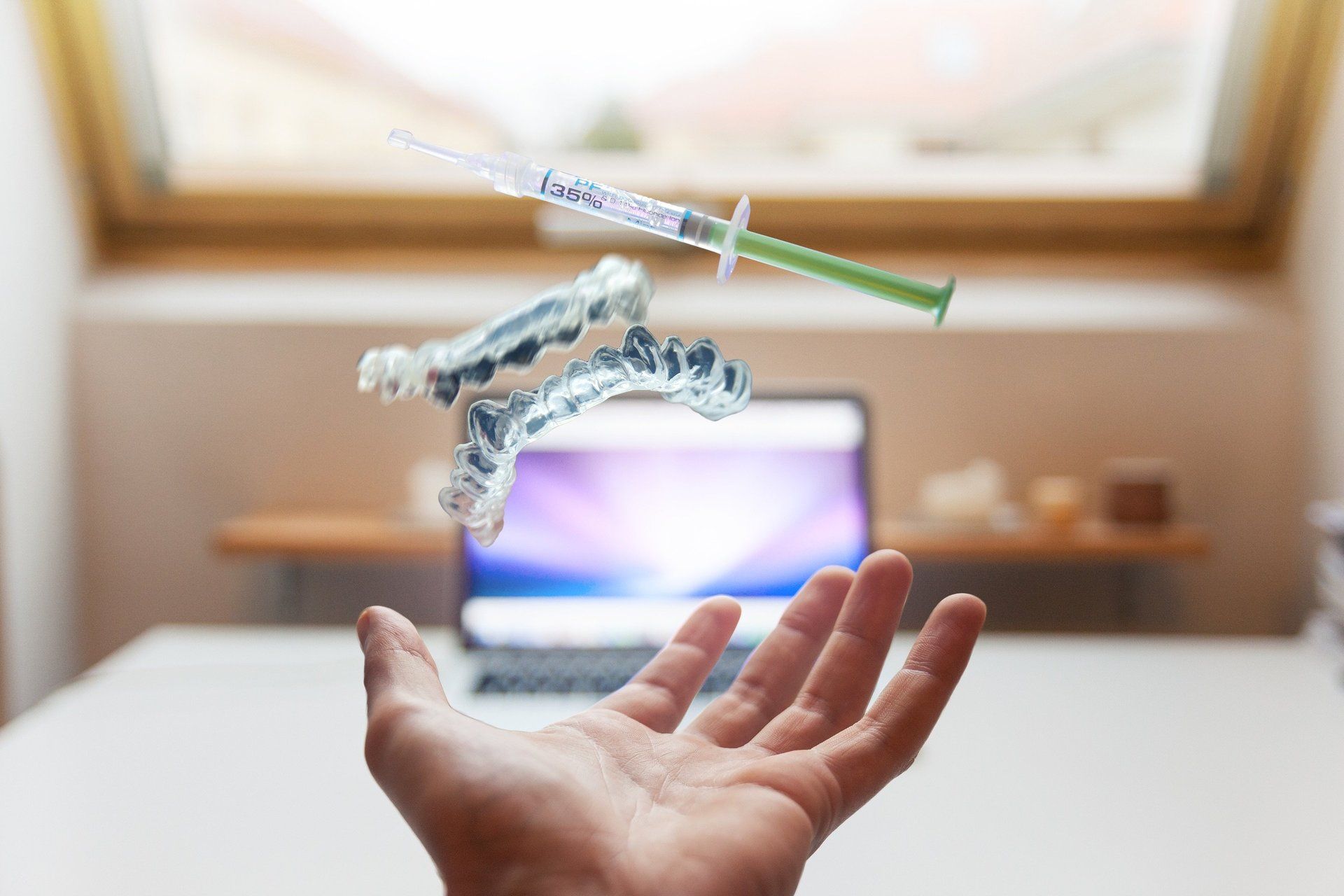
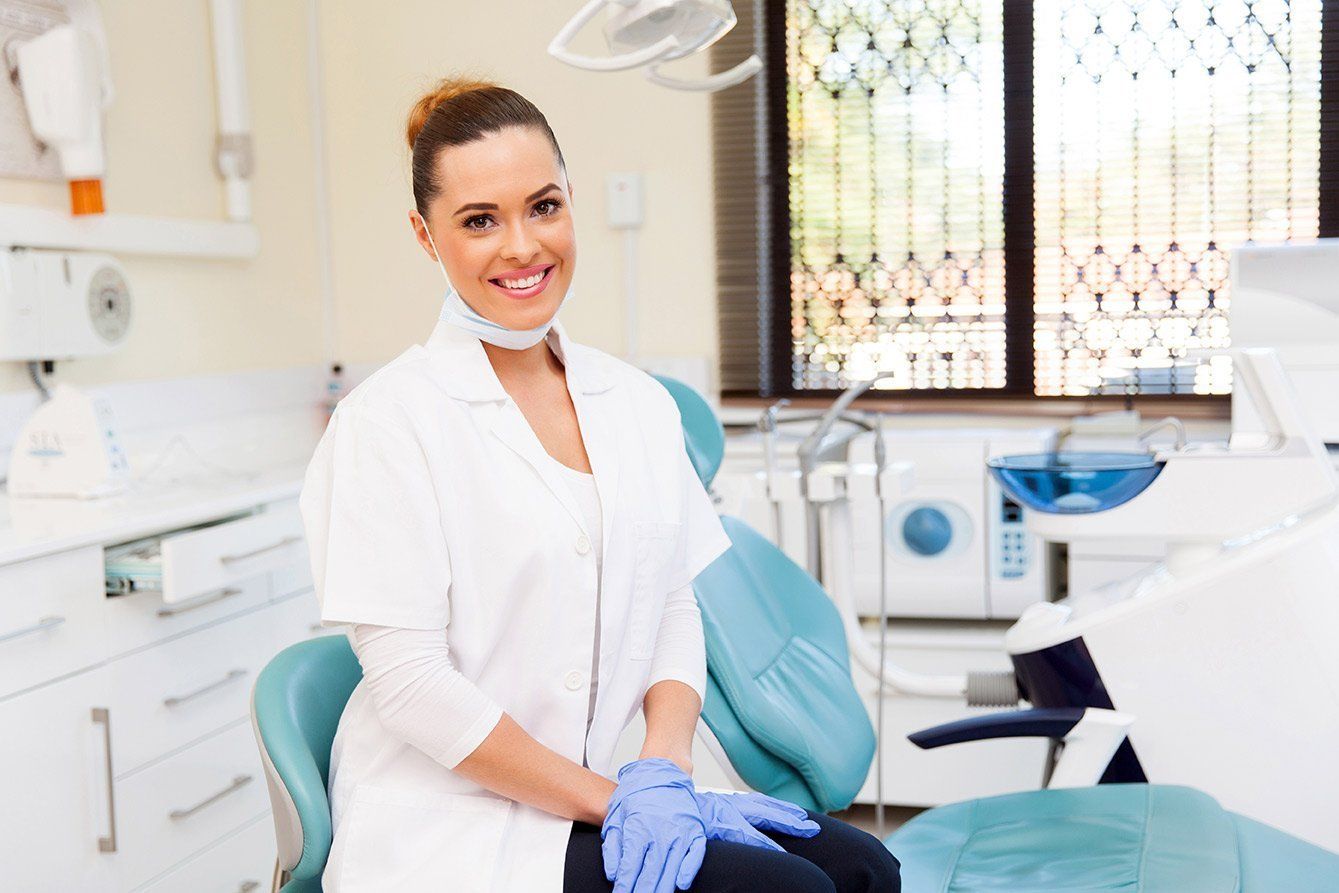
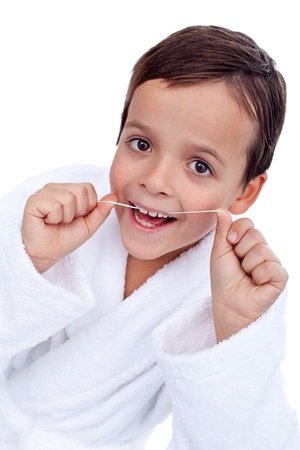
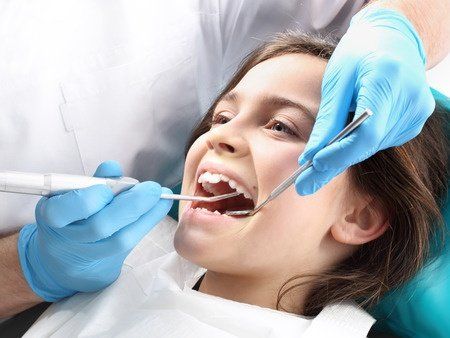
-1920w.png)
